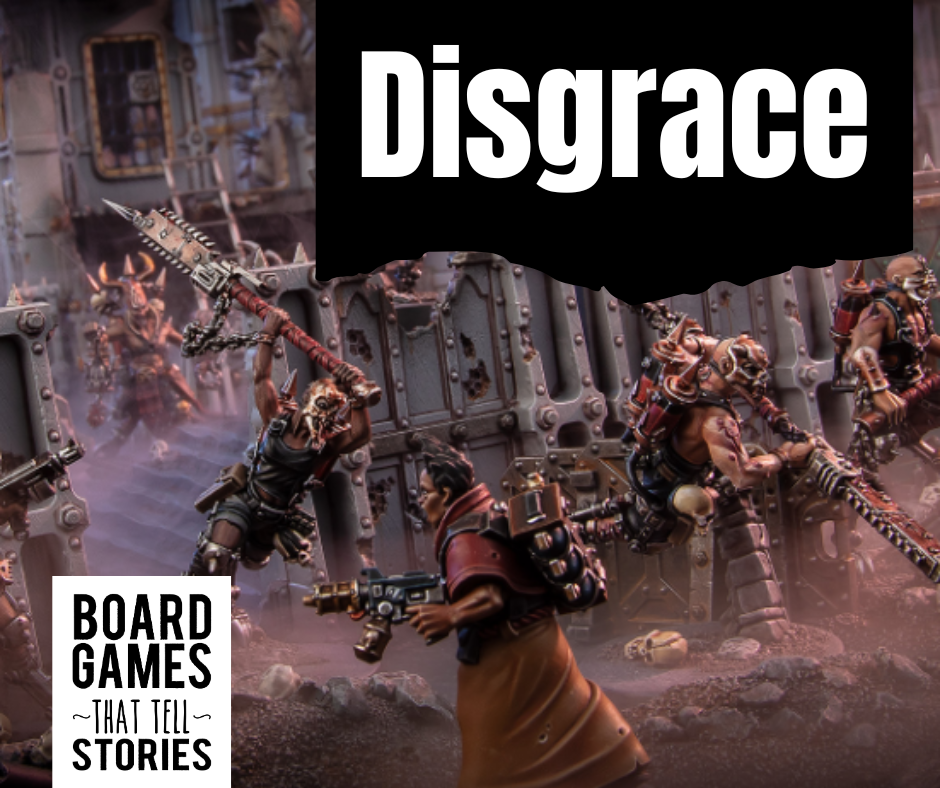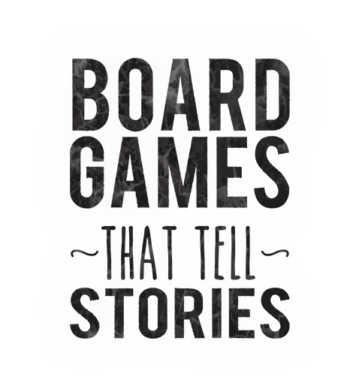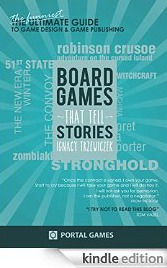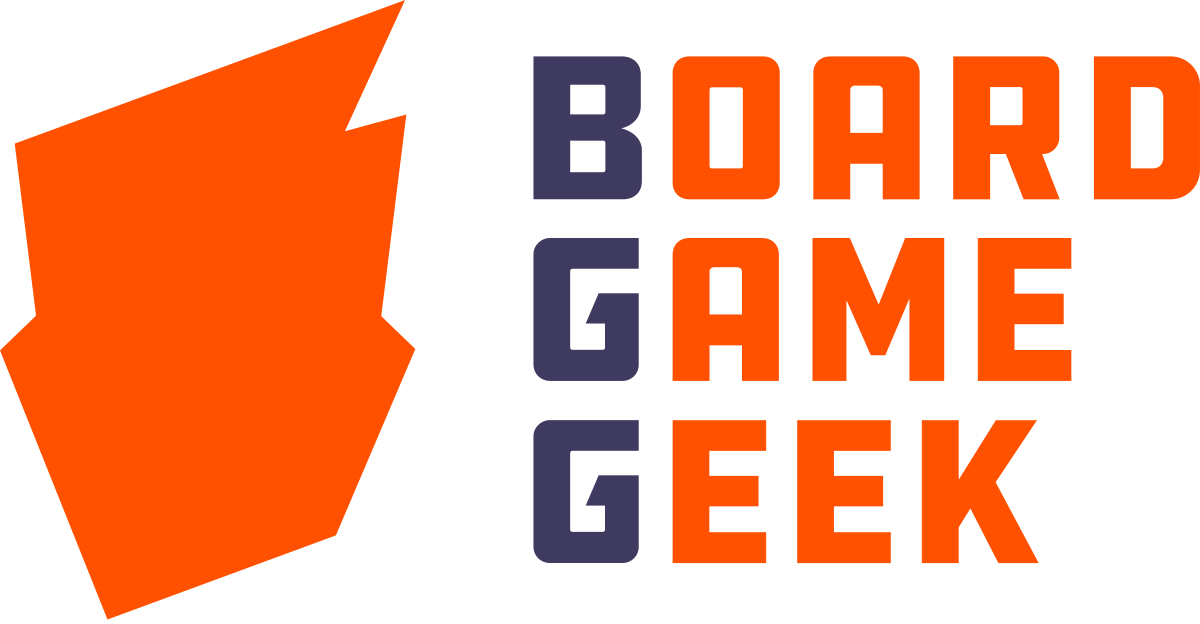Disgrace

During the summer, we held a competition for the best fan-made army for Neuroshima Hex, followed by an intense debate in the company in September about which army was the most interesting and deserved to be released for the 20th anniversary of Neuroshima Hex. A few weeks later, we had the top five armies left, then three, then two, until we finally selected the best one—Piotr Lubecki’s Wiremen. November was filled with intense testing, December with even more testing, and January was the same. Then, in February, the team was still deeply engaged in balancing the new army.
And to be clear, by “team,” I mean a dedicated group of Neuroshima Hex testers, many of whom are tournament winners and former Polish Champions, whom we’ve recruited into the development team over the years.
Balancing a new army for Neuroshima Hex is an enormous challenge. It requires playing hundreds of balancing matches against each of the more than 20 armies currently on the market, pulling off near-impossible feats over months of hard work, and creating countless versions and unit variants.
The title of this article is Disgrace. Why is that?
Because it infuriates me when I compare the effort that board game designers put into the development of board games with what miniature game creators offer their customers. Games Workshop is, of course, the flagship example of the “Package it nicely, sell it, and release a Balance Update six months later” strategy.
***

I’m a casual player of Kill Team, a Games Workshop game. I was chatting with a friend about games, and he mentioned that he was considering getting into Kill Team because the miniatures are fantastic, everyone loves the WH40K universe, and the models can be bought cheaply and painted quickly—overall, the entry point is quite friendly.
“I was checking out which army I’d like to play, started reading forum discussions, and then I found tournament statistics from 2024… and I completely lost interest,” my friend said.
I put on a fake surprised expression. We’ve been in this hobby together for over 30 years. We played Warhammer Battle together back in high school in 1994, so we both know full well that Games Workshop has never been known for perfect balance in their games.
“No, seriously,” my friend protested. “Ignacy, the weakest army has a 26% win rate in tournaments, while a few of the strongest ones have over 70%. Nobody balanced this before release.”
As of today, Games Workshop Group is valued at $5.99 billion. In my humble opinion, they can afford to hire a few testers. In such a massive empire, there’s certainly a budget for a handful of nerds to playtest these products before they hit the market. But why bother?
It’s much easier to release the product, let players play, let them complain, then, six months later, gather tournament data and release a PDF with updated stats. Everything keeps moving, and the unnecessary development budget stays within the company.
Dear Games Workshop,
You bring disgrace to the profession of game developer. With your laziness, your mediocrity, and your deliberately planned strategy of balancing games after releasing the product, you bring shame to the entire gaming industry.
But, well… Life goes on.
Games Workshop will continue to produce breathtaking models with randomly assigned stats. I and millions of players worldwide will continue to buy them. We will keep arguing on forums about which army is the strongest and continue to raise our hands to the sky in frustration over our miniatures’ stats. YouTubers will keep making tier-list videos ranking armies by power, Games Workshop will keep updating stats in their app after the release of the product, and we will keep complaining that they weakened the strongest army, buffed the weakest, and now we have to buy new models because the ones we already have are completely unplayable after the update.
Meanwhile, in the Games Workshop sales department, managers will still be asking about the reception of new armies and will keep getting the same response—outrage, controversy, and complaints. And then they will smile. People talk on the forums? That’s fuckin’ great. Because, after all, there’s nothing better for any business than a wrongly awarded penalty kick.
FIFA has known it for years—the most important thing is to keep people talking about you…


 I strongly believe that good board game is the one that tells a good story. You play it and suddenly you are sucked into it, you feel chills on the skin. Emotions grow. In a moment you defend castle. You hear roar of warriors. You smell boiling oil. You are into it.
That's how I design my games. I always want to tell a good story. I want players to be into it. As deep as possible.
I strongly believe that good board game is the one that tells a good story. You play it and suddenly you are sucked into it, you feel chills on the skin. Emotions grow. In a moment you defend castle. You hear roar of warriors. You smell boiling oil. You are into it.
That's how I design my games. I always want to tell a good story. I want players to be into it. As deep as possible.




Leave a Comment